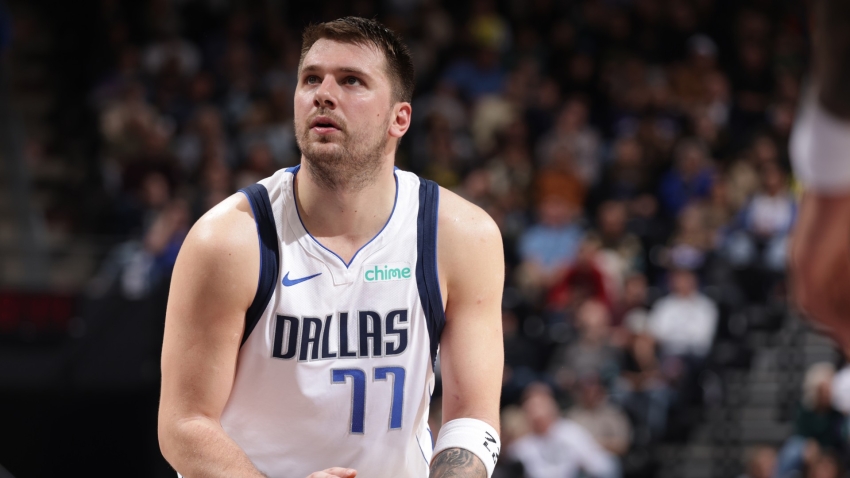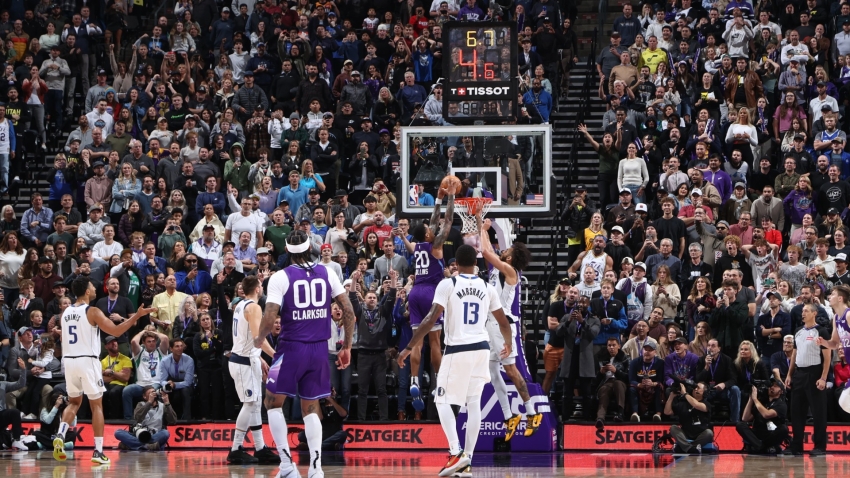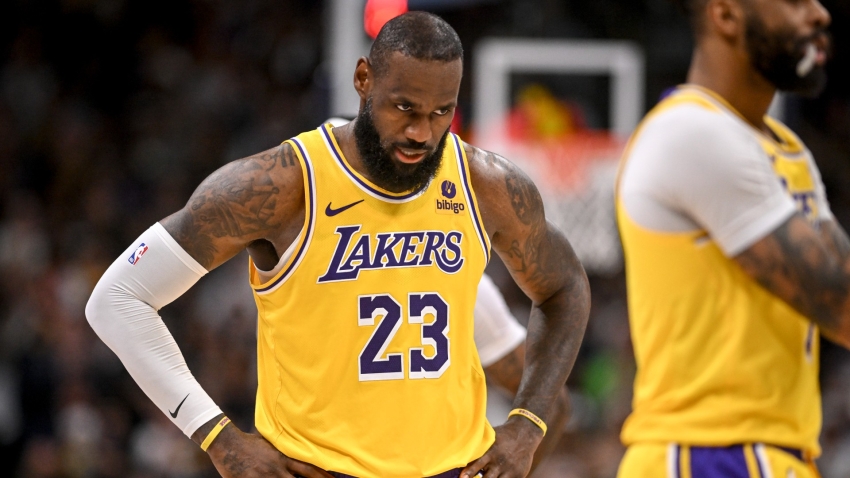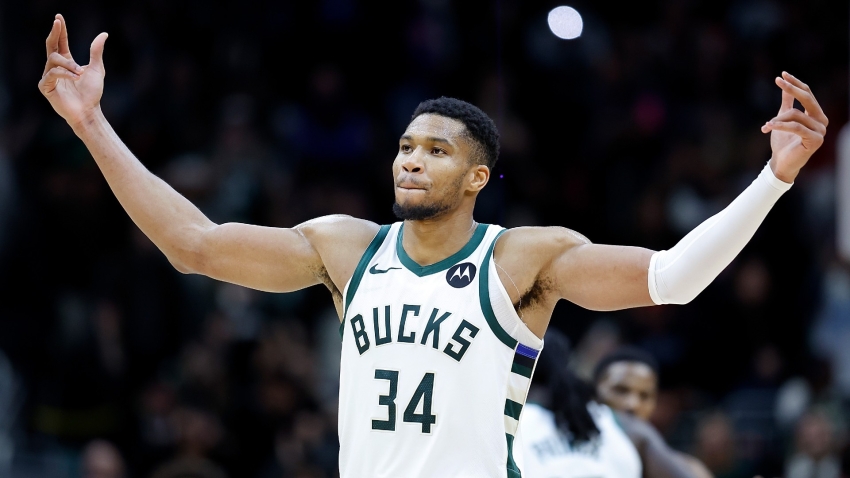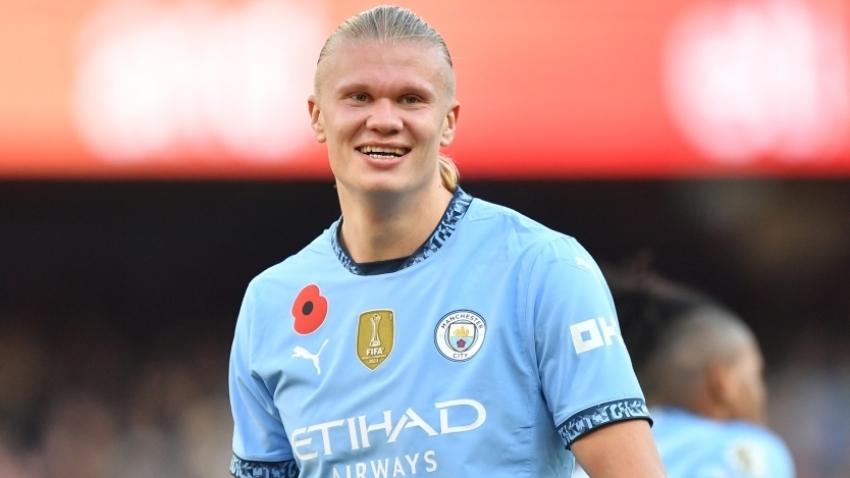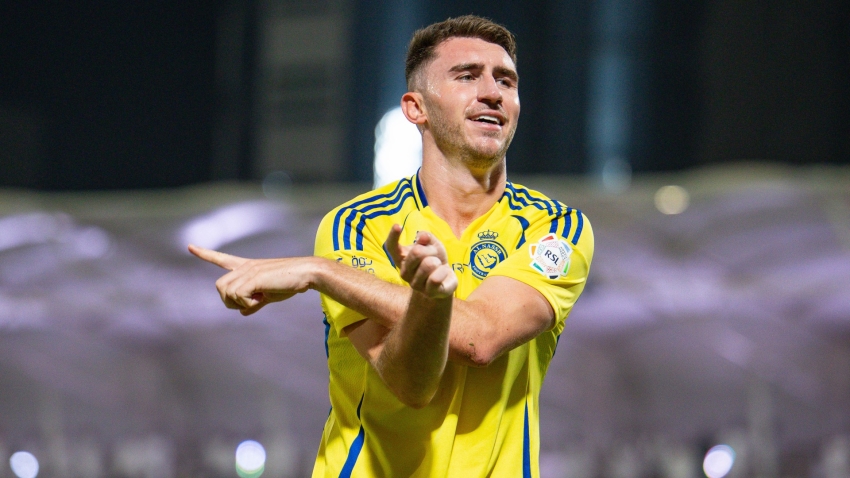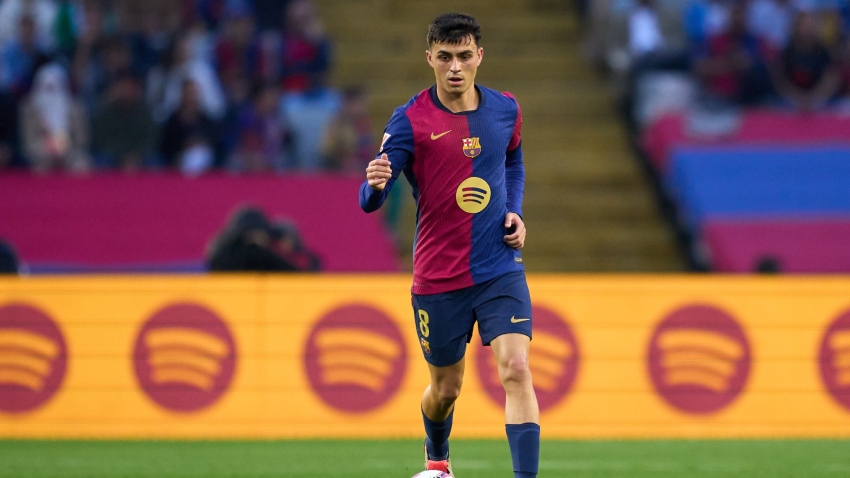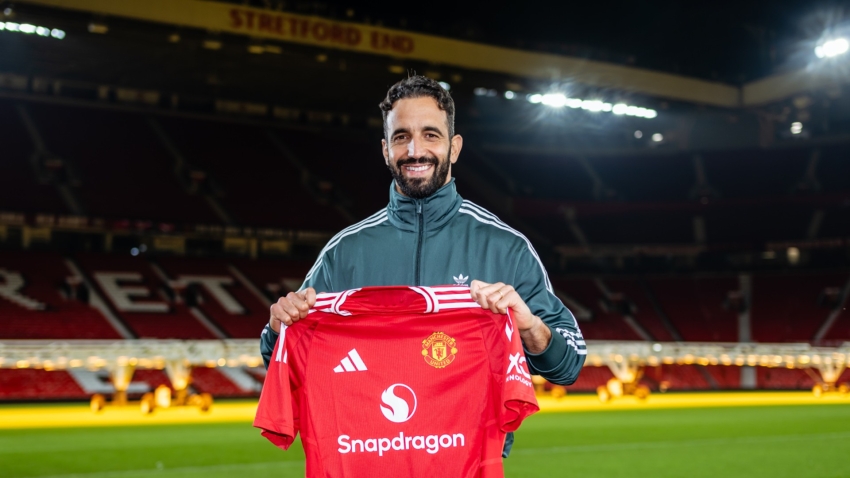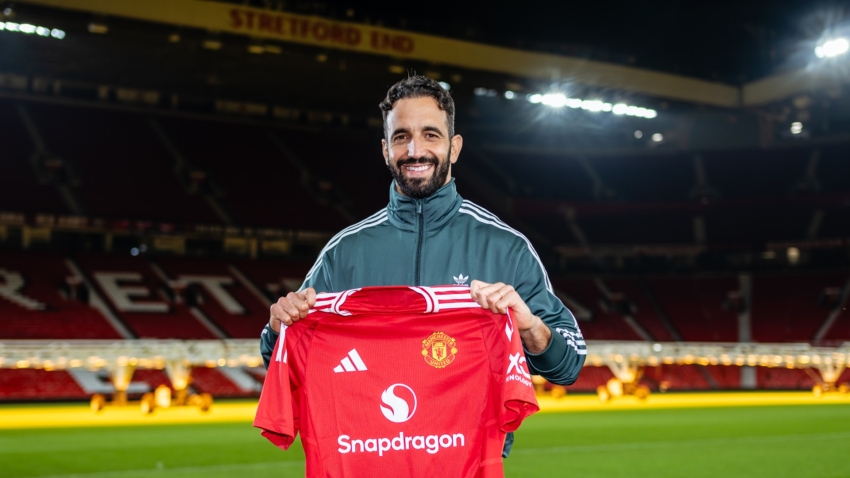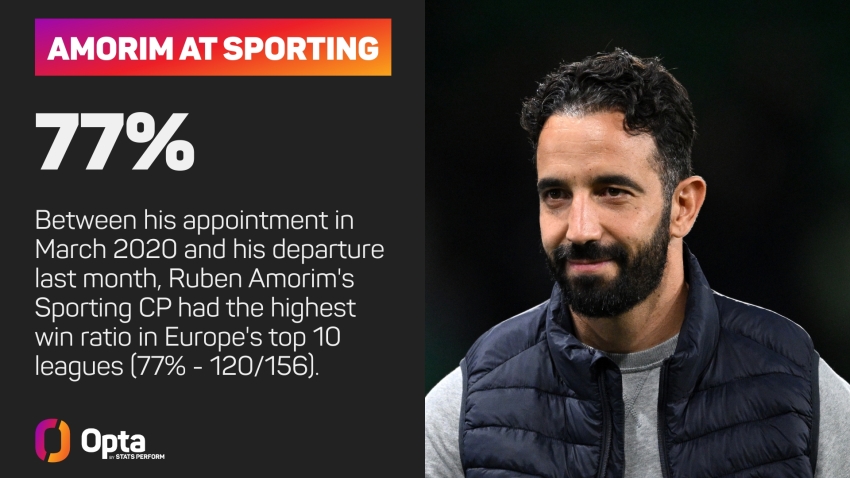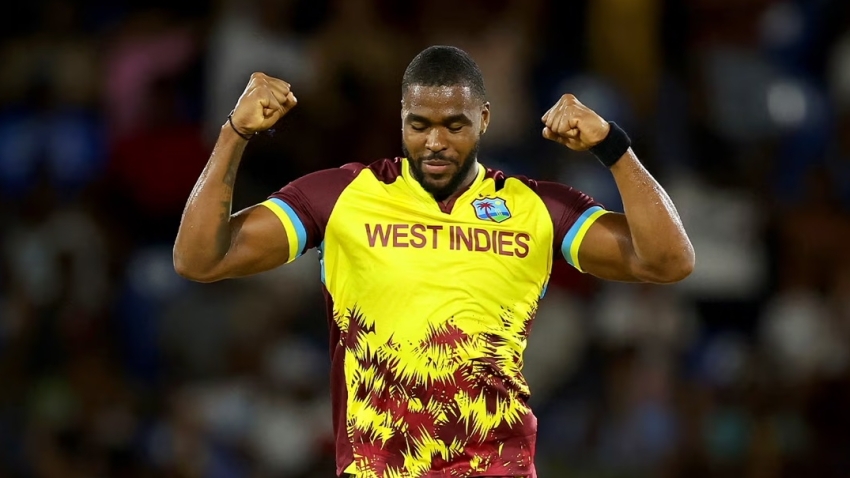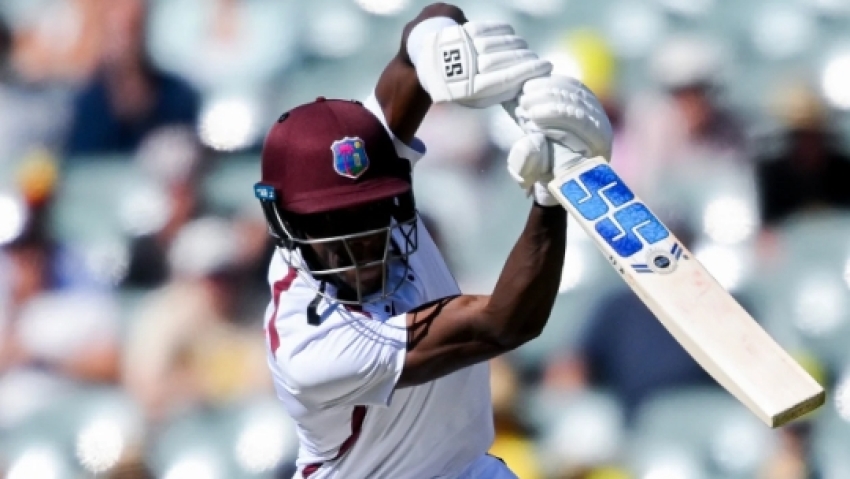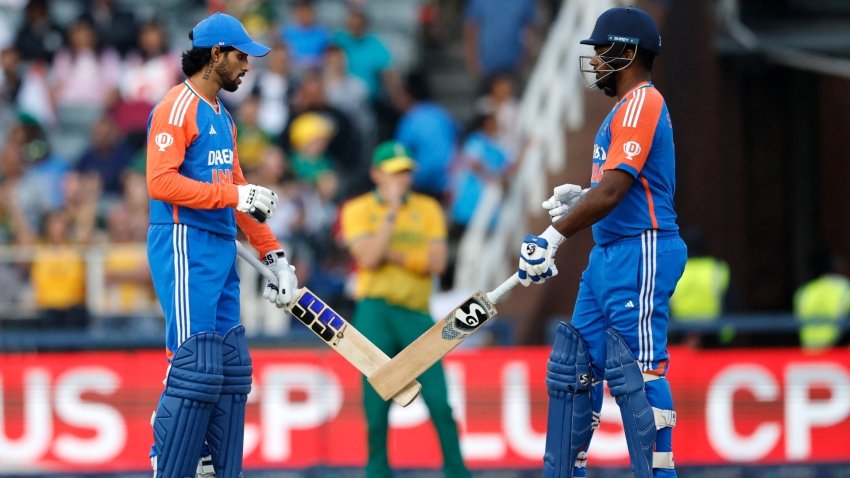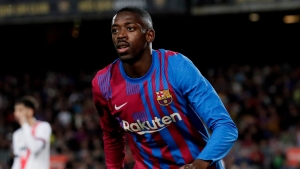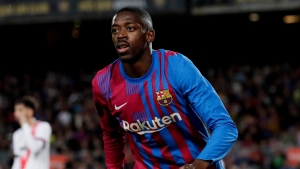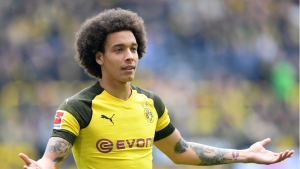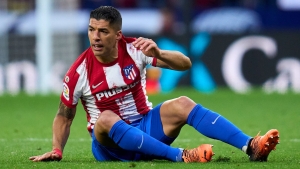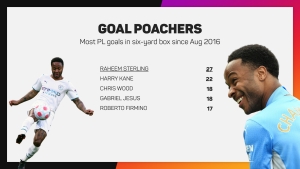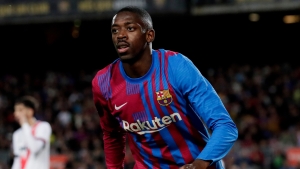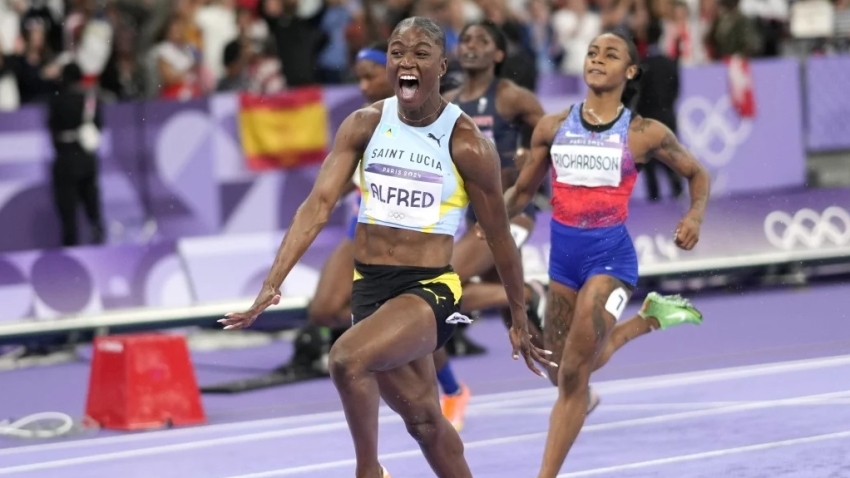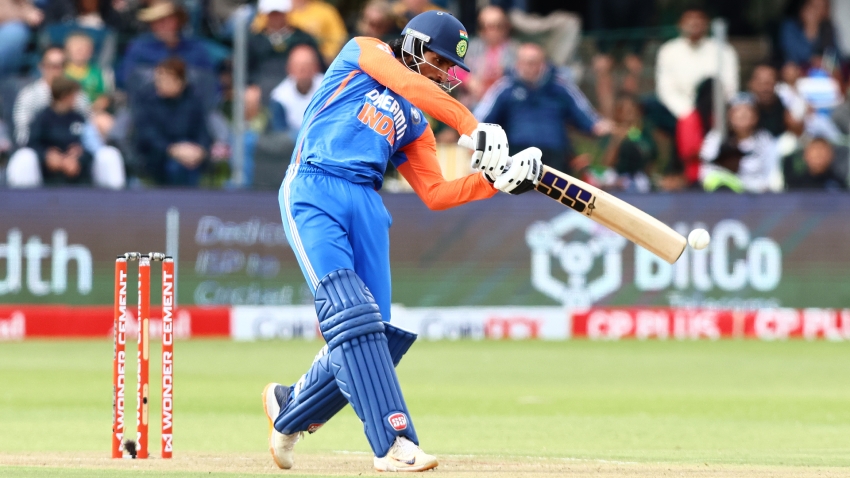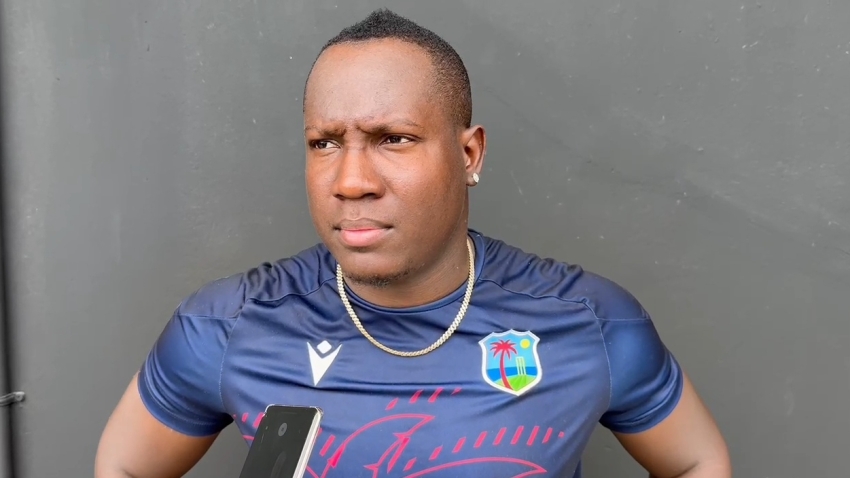Transfers between the Premier League's so-called 'big six' have become something of a rarity in recent years, but the trend has re-emerged with Raheem Sterling's switch to Chelsea.
The Blues confirmed on Wednesday that Sterling has moved to Stamford Bridge on a five-year contract, with Manchester City accepting a reported £45million offer for the England international.
He made at least 46 appearances in each of his seven seasons at City, yet it was claimed Pep Guardiola was unable to provide assurances over his playing time next term.
That, apparently, is what led to Sterling seeking an exit, and Thomas Tuchel's Chelsea appear a fine fit stylistically.
With that in mind, it's a deal that will perplex many, given how important Sterling has been for City over the course of his stay in Manchester.
On top of that, City appear to be strengthening a team who would regard themselves direct rivals of the Premier League champions.
Sterling hasn't depreciated this significantly since Brexit, with City taking a sizeable risk wilfully offloading such a player.
A transformed talent
It would be fair to suggest Sterling has been a little inconsistent over the past two years, with his respective goals hauls of 14 and 17 across all competitions a bit of a drop-off.
Yet both of those are respectable figures and only serve to highlight just how good Sterling – very much approaching his peak at 27 years old – can be in the right context.
After modest returns in his first two years at the club, Sterling hit 20-plus goals in three successive campaigns, including 31 in 52 games in the 2019-20 season.
With Chelsea allowing Romelu Lukaku to return to Inter and the underwhelming Timo Werner seemingly available for transfer, the Blues are crying out for a dependable source of goals. Sterling could be that player.
While Guardiola's management style may be what's made Sterling look for pastures new, it was also the Catalan's coaching that helped transform Sterling into the player he is now.
As mentioned, Sterling was nowhere near as decisive at Liverpool or in his first two years at City as he has been over the past five years. Of course, part of that can be explained simply by development and progression. After all, he was 20 when he left the Reds.
But Guardiola's coaching, and how he has utilised Sterling, shouldn't be glossed over. Since he became City coach in 2016, Sterling has scored 27 Premier League goals from inside the six-yard box, which is five more than anyone else (Harry Kane, 22).
He knows how to be in the right place at the right time, and that requires supreme intelligence.
No one-trick pony
The fact Sterling's been able to make himself such a goalmouth threat despite not being regarded as an out-and-out striker is impressive, and it speaks to his well-roundedness as an attacker.
Under Guardiola, he's essentially averaged a goal every other game (one every 179 minutes) in the Premier League, with his haul of 85 bettered by only five players since the start of the 2016-17 season.
But his creativity shouldn't be ignored. Over the same period, he has laid on 296 chances for team-mates. That sees him ranked 10th overall in the Premier League.
Additionally, only three players have a better expected assists (xA) record than Sterling (34) since August 2017 (when Opta started collecting the data), and two of those are regular set-piece takers.
Sterling's strengths don't begin and end there, though.
He's quick, strong despite his size, a leader and clearly very experienced. On his last Premier League appearance for City, he was aged 27 years and 165 days – only four players have had more Premier League goal involvements at that age than Sterling.
Just 11 players in Premier League history have reached 200 goal involvements, and he's already only 35 off that. In fact, he's potentially just one very good season from reaching the milestone.
Of course, it shouldn't be just blindly accepted that Sterling will be an incredible signing for Chelsea. They've had their fair share of expensive flops over the years, with Lukaku the most recent – few expected him to have such a minimal impact.
But Sterling's tremendous arsenal of attributes may give him greater scope to be influential. Maybe he won't create as much, but he could still be a primary goal threat, and he also appears to be a good fit for the kind of high-tempo football Tuchel likes to play.
The over-riding feeling is that Sterling's sale suggests a degree of underappreciation for him, particularly given City aren't selling him for anything more than they paid seven years ago.
Chelsea, on the other hand, appear to be getting a bargain.


